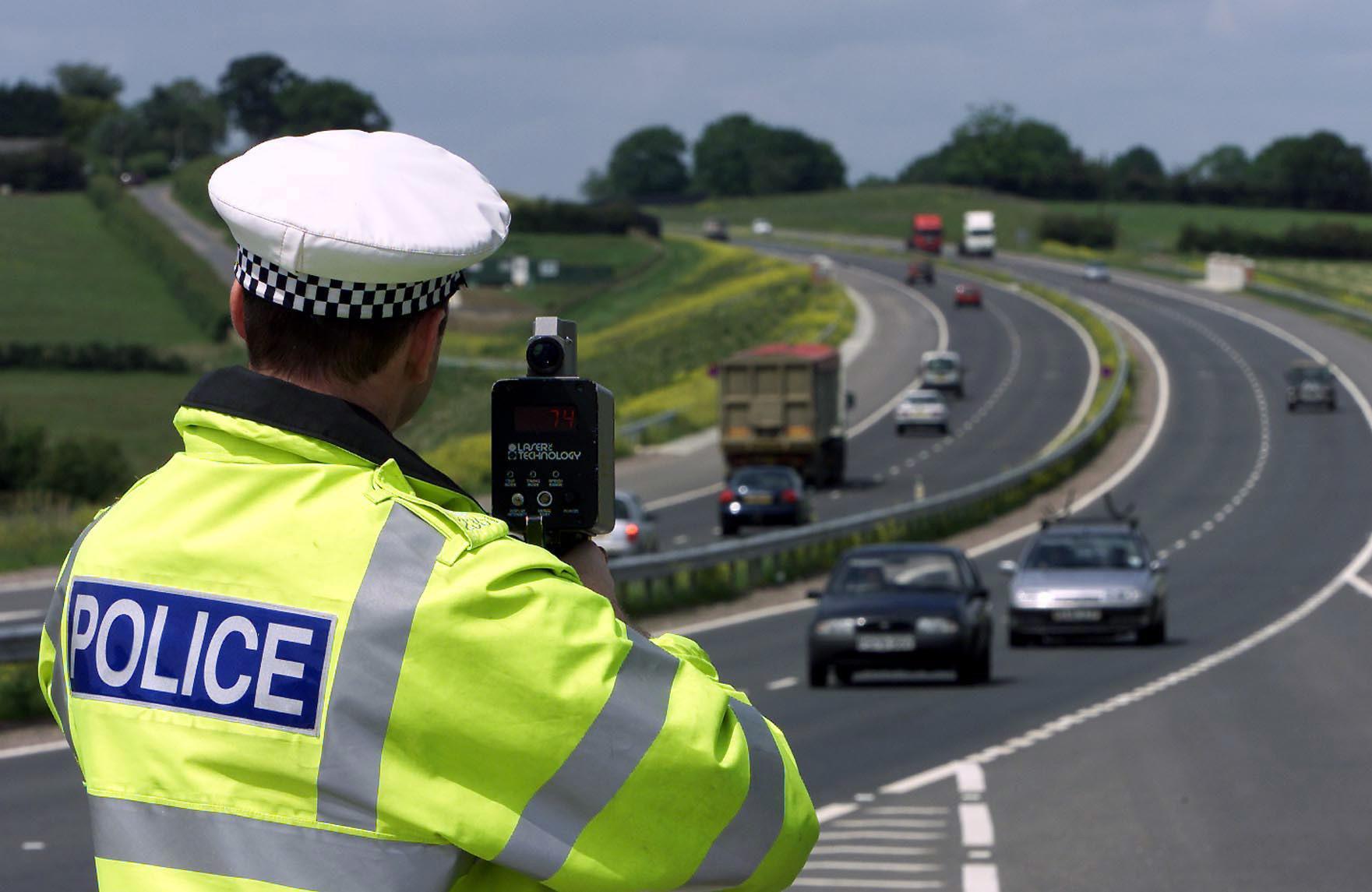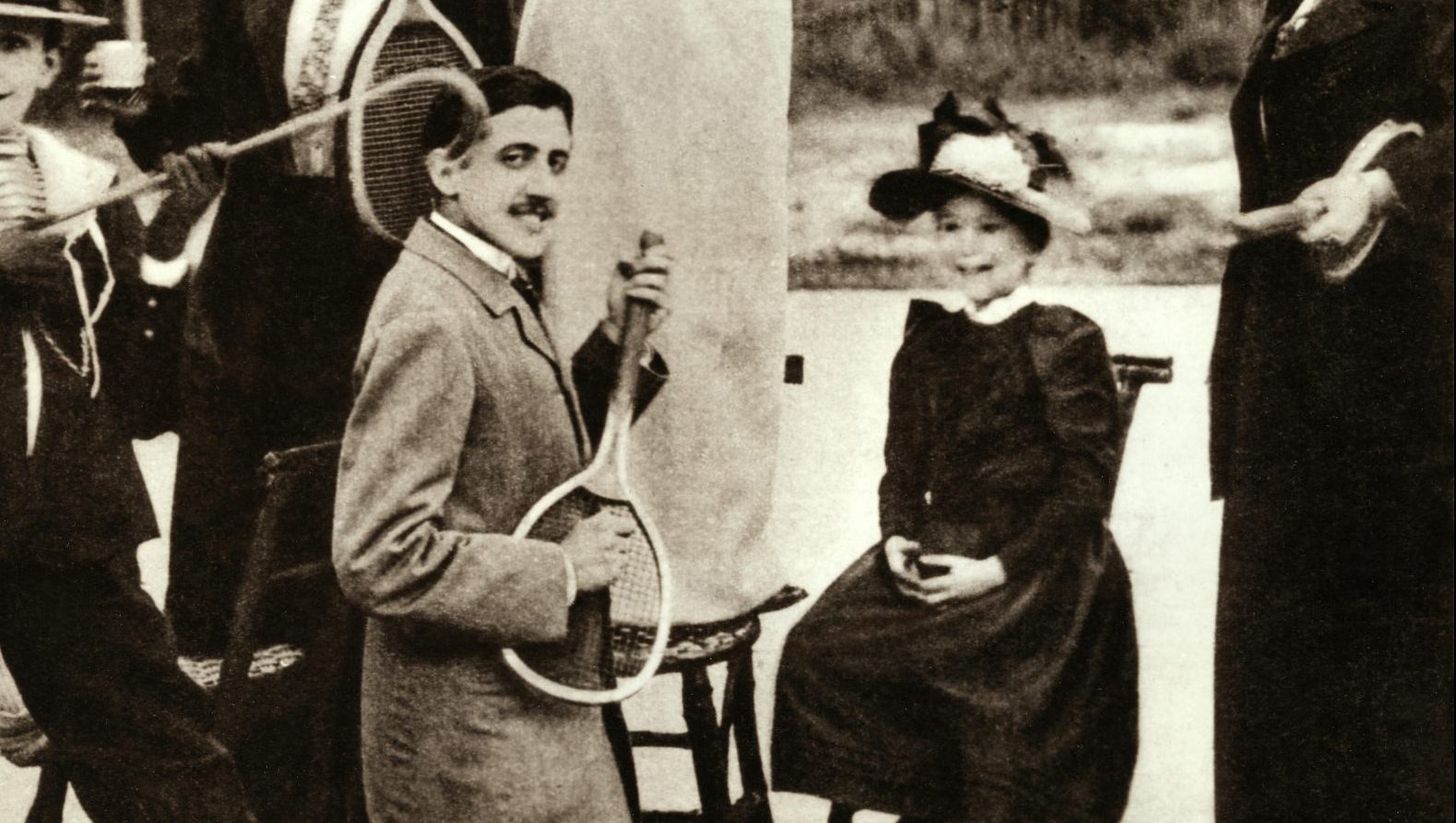I attended my second speed-awareness course this week, which, to paraphrase Lady Bracknell, seems not just carelessness but rank hypocrisy since I all too often publicly descant on how much I loathe cars and their drivers. The last time I attended one of these courses – which are offered to convicted speeders in lieu of fines and points – it took place IRW and occupied an entire day. I wonder if it’s the pandemic eating away at everything, or some sort of conviction that the virtual is a better medium for instruction than the actual, but this online course took only three hours.
It was, indeed, no less effective than the previous one. (Effective? I hear you mutter: surely the last one was, by definition, altogether ineffective.) At the end of it I not only felt better schooled in the rules of the road and how to drive safely within the mandated limits, I also felt a curious sense of solidarity with my fellow – and now shriven – speeders.
So much so that I didn’t even mentally bridle when our instructor referred to us as a “team” – an ascription that in all other contexts (apart from competitive sport), I instinctively bridle at. Why? Because when we’re told at work we’re part of a team, the barely covert intention is to enforce subjugation to the hierarchy – because in a Britain still dominated by white men, who spent a lot of time on the playing fields of Eton, not being a team player is the ultimate solecism.
Unfortunately, data protection rules mean that were I to share any details of my fellow team members I’d be in far deeper shit than I was for driving at 48mph in a 40mph zone, but what I can say is that they were a relatively diverse bunch.
Indeed, if there was anything that distinguished me from them, it was that I don’t own a car – whereas as far as I could tell they all did – and that I don’t drive at all on a regular basis. This perhaps explains why I keep getting nicked for speeding: over these 15 largely car-less years I’ve lost my feel for the road – a feel that involves a considerable amount of semiotics, such is the integration between signifiers and velocity in the contemporary vehicular realm.
But this being noted, I also have to confess: I didn’t know until yesterday that whenever a road is lined with street lighting, unless there’s signage to the contrary, the mandatory limit is 30mph.
The first time I had my speed consciousness raised it was stopping distances that affected me: films showing how a mere mile-an-hour extra could result in serious injury to a pedestrian didn’t exactly stop me in my tracks – however, for a good number of months afterwards, every time I felt my foot gaining weight on the accelerator, I put it on a no-crash diet.
But this time it was the painstaking and well-delivered instruction on the sheer pointlessness of speeding that hit home: no matter the risks to others, the gains to you of pushing the envelope at the wheel are absolutely nonexistent. You don’t get there appreciably faster and in the process you become highly stressed, thereby increasing your chances of an accident still more.
When it came my time to state for the record what I’d gained from the course, I told my team that overall it had made me more aware of the extent to which we’re all in this tarmac thing together: drivers, cyclists and pedestrians alike. I opined that holding a driving licence seemed to me, on consideration, to be a far greater marker of civic responsibility than, say, voting in a general election. Our instructor supplemented this by observing that we receive a licence to drive and that this can, of course, be revoked.
Well, I confess: I talked the talk of the responsible car culture but did I really mean it? My speed awareness diminished after the first course because of my underlying antipathy to the whole driving thing. Surely, in order not to have the same thing happen again and run the risk of further offending behaviour and possibly dire consequences, I need to give up driving altogether.
Insulate Britain notwithstanding, if there’s one thing my fellow citizens love doing it’s driving in their cars. Possibly it’s time for me to relocate to a righter, tighter little island – such as Sark, which with its own parliament has as much right to be called a democracy as the UK, while also being one of the few jurisdictions in the entire world where cars are completely banned.



